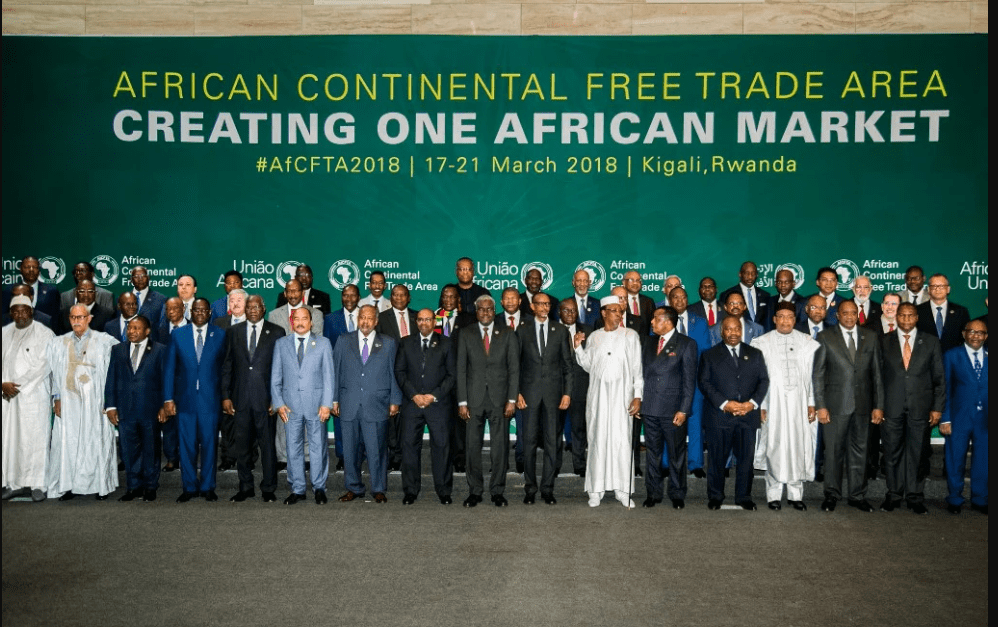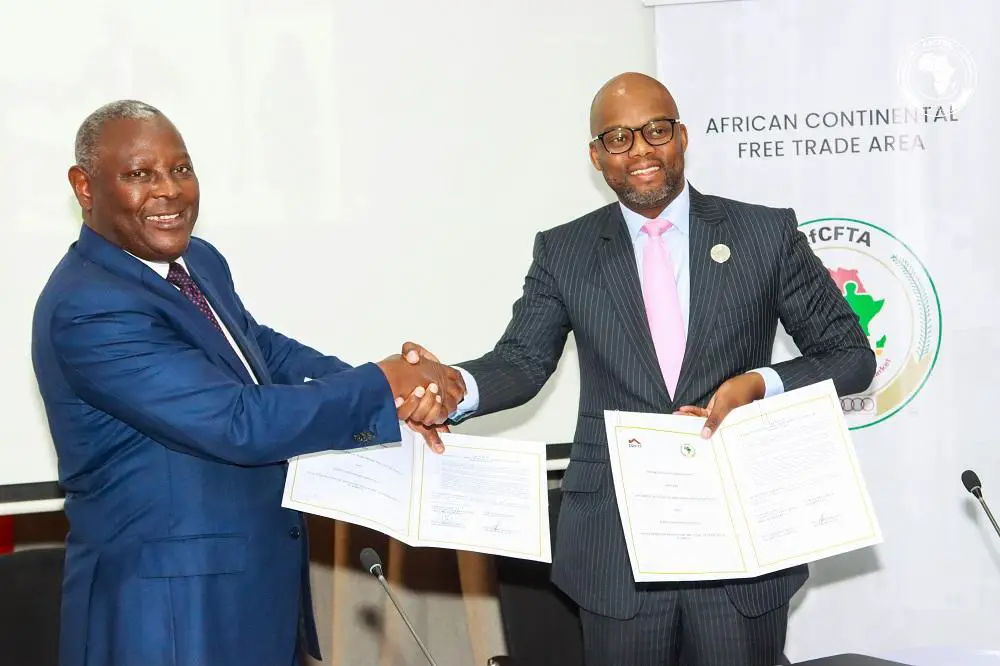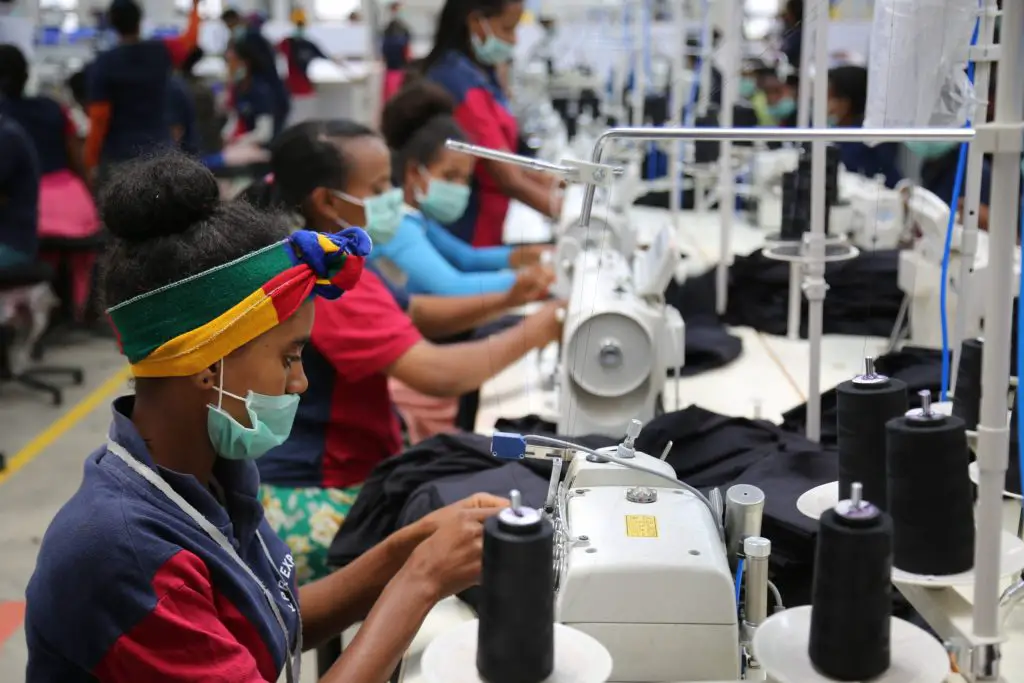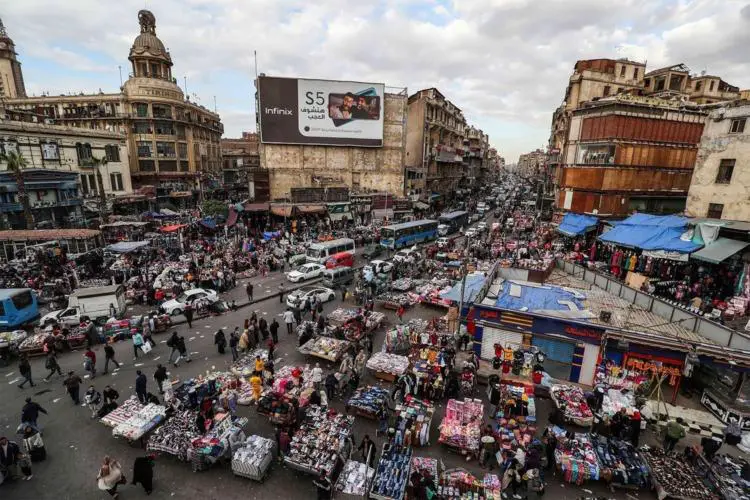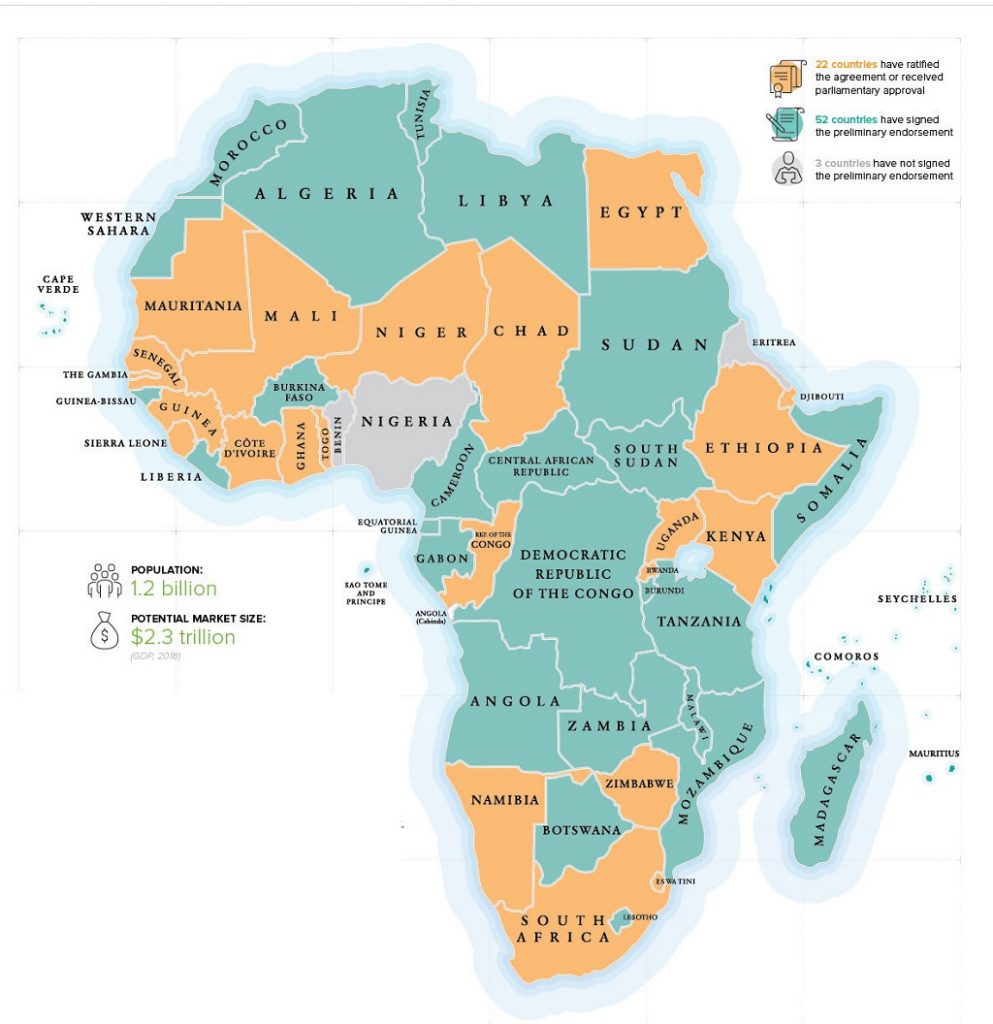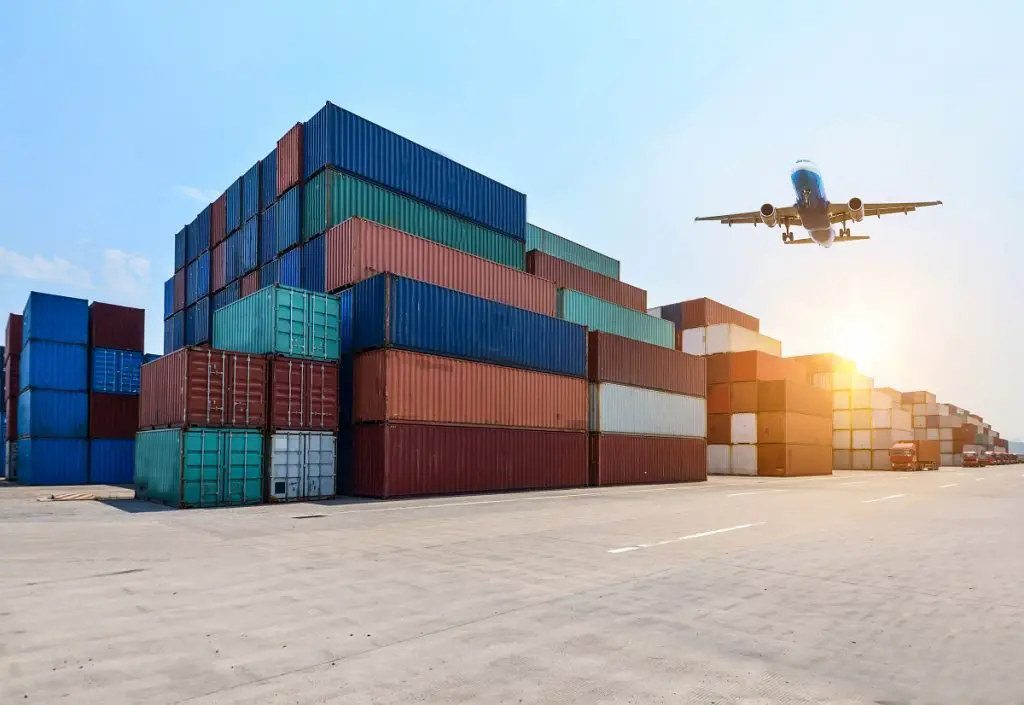- Africa’s new dawn: the rising role of digital and AI in agriculture
- Can Dangote Refinery Transform Africa Energy Ambition
- Gallup Survey: 80 per cent of Kenyan Workers Are Disengaged and Seek New Opportunities
- Madagascar Man Freed from 5KG Tumor After 15-Year Struggle
- How women in Africa are perceived and treated
- Sugar consumption in Kenya to Increase to 1.23 Million Tonnes
- Can Somalia and Turkey Oil deal Bring Change in Somaliland
- Remittances to Kenya dropped to $371.6 million in June, marking a six month low
Browsing: Wamkele Mene
For historic reasons, bilateral and regional trade in Africa has been hampered by trade routes designed for export away from the continent rather than for facilitating intra-Africa trade. Obstacles include long distances, inadequate transport services, and inefficient institutional and transit regimes.
In many landlocked African countries, economic centres are located several hundred kilometres away from the closest seaport. Overcoming geographic constraints or the lack of economies of scale caused by small transportation volumes is key for all countries, particularly transit countries. A renewed focus on the efficiency of transport and logistics services is long overdue, given that many countries retain policies that favour closed, small, and inefficient services markets.
By committing to no new barriers to services trade during the progressive liberalization process, at least in the five priority sectors—business, communication, financial, transport, and tourism services, and with declining trade costs—the transport sector is bound to expand.…
A statement posted by Equity Bank on its website indicated the plan hopes to revive the economy in the continent following the COVID-19 pandemic that halted operations in different sectors leading to the loss of jobs.
In this, AfCFTA and Equity will work on the private sector economic recovery and resilience stimulus plan where the lender has seeded with a $ 6 billion (Sh 678 billion) fund focusing on food and agriculture, extractives, manufacturing and logistics, trade and investments, social impact, health and environmental investments.
Equity plans to finance over five million micro, small and medium-sized businesses (MSMEs) and 25 million vulnerable households by 2025 to support the creation of 50 million jobs.…
AfCFTA is reshaping African markets; deepening economic integration in accordance with the Pan African Vision of ‘An integrated, Prosperous and Peaceful Africa,’ as enshrined in Agenda 2063. The agreement established a single continental market for goods and services, making for the largest and most ambitious trade bloc in the world, after the WTO. This has created a new market of 1.3 billion consumers across Africa, accounting for a combined GDP in excess of US$3.4 trillion in 55 countries.
According to the World Bank, AfCFTA has the potential to eradicate extreme poverty in the lives of 30 million Africans, and boost the incomes of 68 million of them, that live below the poverty line. Moreover, in the long term the continent is set to immensely reap more benefits out of the Agreement such as the diversification of Intra African trade, elimination of barriers and tariffs, job creation, increase in wages for …
Africa has for decades failed to provide improved trade mechanisms between African countries which has led to the current situation. The AfCFTA is supposed to remedy this.
And to be in good shape for trade under AfCFTA, countries have to ensure that they are willing to create value chains that will free the continent from the colonial trading system which has been in place for over 60 years and which has left the continent vulnerable.
With the potential benefits that the AfCFTA ha to offer Africa, the biggest trends that will drive growth on the continent include its population, technology and urbanisation among other factors.…
A massive industrial development would create regional value chains that would free the continent from the colonial system.…
AfCFTA must be an engine for growth as much as an engine for inclusion.…
The trade agreement will provide business opportunities enhancing industrialization in Africa in line with the AU’s Agenda 2063: The Africa We Want.…





